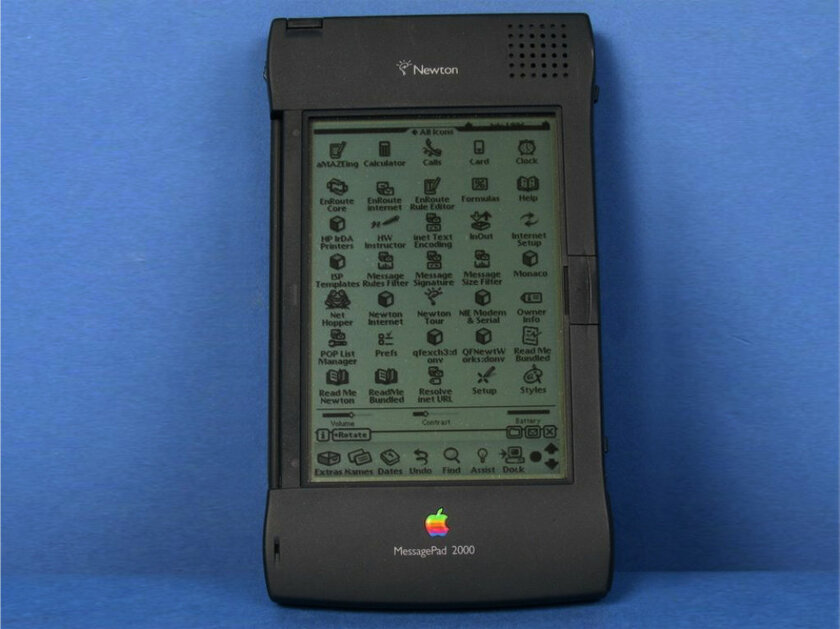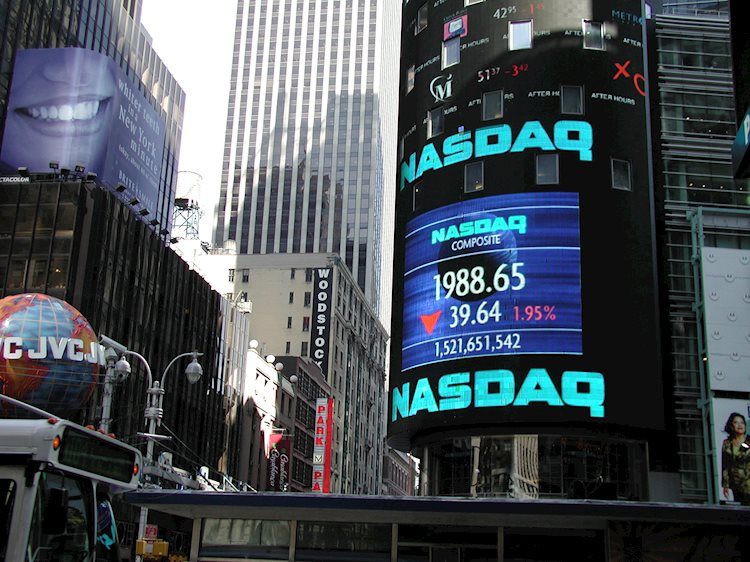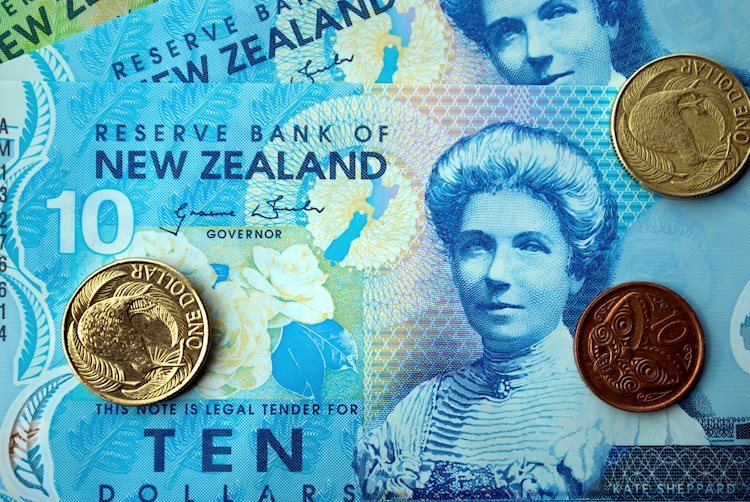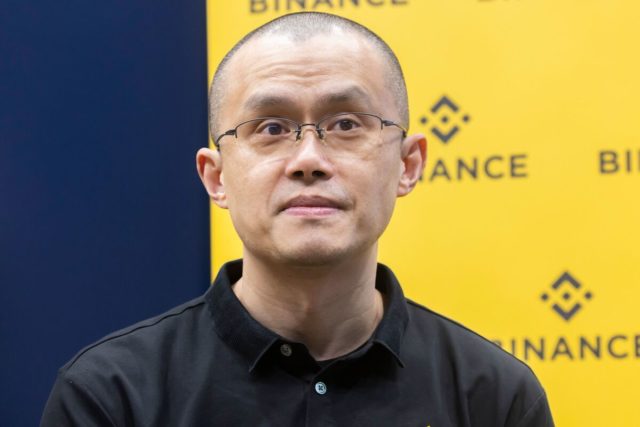In the summer of 1985, one of the founders of the Californian computer company Apple, Steve Jobs, along with lawyer Albert Eisenstat, arrived in Soviet Moscow. Their plans were to establish cooperation with the Soviet leadership and open the production of their computers in the country. The idea was rather daring, since it violated an unlimited number of export restrictions: we should not forget that the unspoken confrontation between the United States of America and the Soviet Union was still raging then. What guided the main ideologue of Apple? What difficulties did he have to face? And what was the end result of all this? There are enough questions.
Steve Jobs wanted to provide the USSR with Apple computers
Yes, yes, Steve Jobs was going to negotiate with the top officials of the Union of Socialist Republics, counting on the signing of a large-scale contract for the purchase of Apple computer equipment for the needs of scientists in the USSR. At that time, Soviet science was in dire need of deliveries of the latest electronic computing systems for teaching computer science, as well as conducting various scientific research. Soviet schools and higher educational institutions were practically not equipped with computers. Since the USSR represented a huge empty market, Steve Jobs hoped to fill this niche and provide the largest country in the world with computers. It is quite possible that for the implementation of such a large-scale plan, it would even be necessary to deploy Apple production in the territory of the Union.
Jobs gave a lecture on the benefits of computers for the brain
During a visit to the Russian capital, Jobs gave a lecture to students and professors at the Institute for Informatics Problems of the USSR Academy of Sciences. His lecture was timed to coincide with the program of introducing complex computer technology into the educational process, as well as improving computer literacy among students in secondary and higher educational institutions. It was planned to purchase computers, as well as the opportunity to fully teach the basics of computer science. The event took place on July 4: Steve talked about how technologies being introduced into a person’s life expand the range of his possibilities. It was at this lecture that the phrase was heard, which soon became winged – “a computer is a bicycle for the mind.”
Out of context, this phrase sounds rather strange, but the idea was brilliant. Jobs reasoned that man is not one of the fastest species on Earth, but on a bicycle he is actually comparable in speed to even large predators. The computer is exactly the same tool. It also increases the efficiency, but not of movement, but of calculations. Jobs considered the development of computer technology the most important component of the progress of civilization. At the end of the lecture, the Americans met with scientists from the USSR in a narrower circle. They even agreed to transfer the Cyrillic keyboard scheme and its codification.
💡 curiousthat during his visit to Moscow, Steve Jobs really wanted to personally meet with Mikhail Gorbachev. He needed this to establish research contacts for the distant future. Alas, then their tete-a-tete communication was not destined to happen. It is quite possible that it could change a lot.
Bush supported the distribution of Apple computers in the USSR
Shortly before his visit to Moscow, Steve Jobs visited Paris. A trade show was held there in early June. In the same place, George W. Bush, then Vice President of the United States, spoke out in support of Jobs’s idea to introduce the products of an American company in the territory of the Soviet Union. It’s hard to say whether as a joke or completely serious, but he advised Steve to give Soviet residents as many Apple computers as possible. According to him, this would help “provoke a revolution from within” the state. It is difficult to judge how serious his intentions were. Information about this conversation was first published after the death of Steve Jobs in his biography published by Walter Isaacson.
According to Mike Marin, trade attaché at the United States embassy in Moscow, Jobs was extremely positive about Bush’s idea. It was assumed that with the mass distribution of personal computers and their connection to the unified network, people would have more opportunities to receive information – including news and all kinds of mailing lists. Whether the trip of Steve Jobs to Moscow had exactly such goals is now difficult to say. However, it is worth noting that the United States authorities nevertheless imposed a ban on the import and distribution of the latest Macintosh computers in the territory of the Union, limiting themselves only to the Apple II model.
💡 it’s a pity, but Jobs’ idea of cooperation with Moscow was not destined to become a reality. At the time of the visit, he was already deprived of authority in his own company and continued to be only its co-founder. After returning to the States, he left Apple – along with this, any commercial relations with the USSR ceased.
In the USSR, Steve Jobs faced the secret services
The secret services of the USSR could not ignore the arrival of an American in the country. He was definitely being followed – and so openly that Jobs himself sometimes noticed agents and even their “tricks”. He repeatedly spoke about this in an interview at the end of the trip – he mentioned, for example, the extremely strange visit of a television master to his hotel room. Once an American, returning to his apartment, found a man there who introduced himself as a technician. Calling a repair specialist, of course, no one made. It still remains a mystery whether these were the special services of the KGB or the CIA, but the control over the foreign “visitor” was extremely close.
On official visits and walks around the main city of the Soviet Union, Steve and Albert were also not left unattended. The man assigned to accompany them was clearly no ordinary tour guide. Jobs said that one day during a walk he mentioned Leon Trotsky. As it turned out, Jobs shared many of his ideas and sincerely admired the sharpness of his mind. The fiery speech of the American was interrupted by the same “guide”. He urged that Trotsky not be mentioned, especially in public places. He argued this by the fact that local historians studied his question in depth and unanimously denied the significance of this person.
💡 amusingthat Jobs began his famous lecture at the Institute of Informatics Problems of the USSR Academy of Sciences with a laudatory speech about Trotsky. Apparently, his speech was not coordinated with the Soviet structures of the required level. However, no remarks were made to him about this.
Jobs brought handwriting technology from the USSR
In the late 80s, Apple seemed to be in a renaissance. John Scully, the company’s CEO, was mulling over the idea of building a small, ultimate computer. It was supposed to be something like a tablet with sophisticated artificial intelligence the size of an open magazine. It was assumed that the machine would anticipate the needs of the user and act in accordance with them. Yes, and keyboards will gradually become obsolete – touch screens equipped with software for handwriting recognition will be used to interact with computers.
By the way, it was the translation of human “karakul” into a printed text understandable to a computer that became a stumbling block. It was incredibly difficult to create handwriting recognition software that could adapt to different handwriting. The issue was resolved in a strange way. One night, when Eisenstat was still in Moscow, he heard a desperate knock on the door. Behind her stood a nervous programmer, peering down the corridor to make sure he wasn’t being followed. He handed the Apple lawyer a floppy disk with a handwriting recognition algorithm and quickly left. Eisenstat handed over the information carrier to Jobs. The software turned out to be surprisingly accurate and easily backed by the Apple Newton.

Steve Jobs and Albert Eisenstat were indeed in Moscow in the mid-80s – there is no doubt about that. A lecture on the usefulness of computers, as well as a desire to cooperate, also do not raise questions. However, the story of a floppy disk with too smart software would like to be questioned. It does not sound very plausible, although it is stubbornly retold on the net.
Source: Trash Box
Donald-43Westbrook, a distinguished contributor at worldstockmarket, is celebrated for his exceptional prowess in article writing. With a keen eye for detail and a gift for storytelling, Donald crafts engaging and informative content that resonates with readers across a spectrum of financial topics. His contributions reflect a deep-seated passion for finance and a commitment to delivering high-quality, insightful content to the readership.






